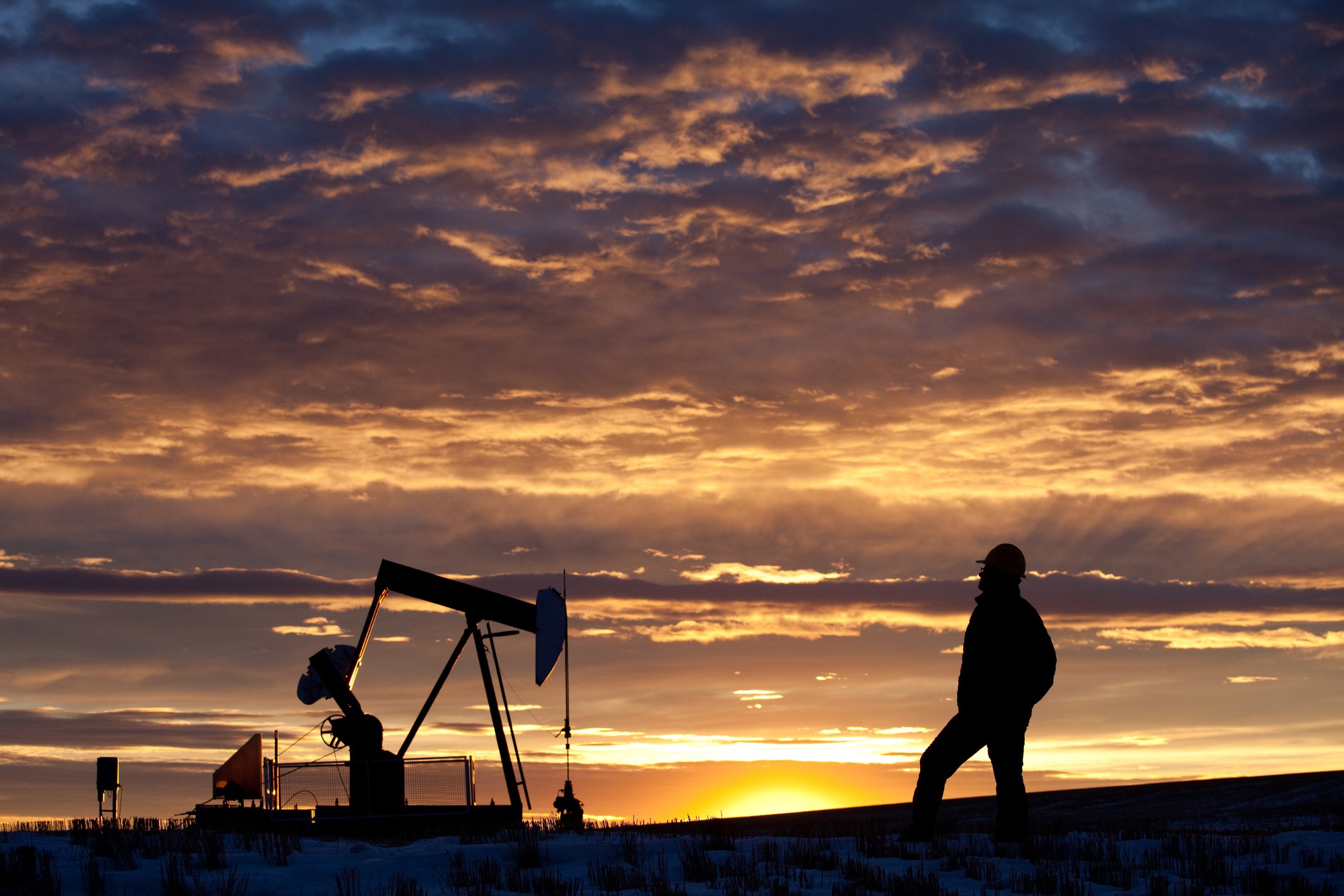This year was supposed to be Diamondback Energy's (FANG +0.30%) year to shine. The energy company spent years building out a large-scale operation in the Permian Basin through acquisitions and organic expansion. Those investments had it on track to generate a gusher of free cash flow in 2020 at a conservative oil price assumption.
Crude prices, however, have crashed well below the most pessimistic outlook because of the COVID-19 outbreak. That has put intense pressure on Diamondback's stock, which has lost two-thirds of its value this year.
The sell-off probably has some investors wondering whether Diamondback Energy might be a good buy as a bounce-back candidate. Here's a look at the case for and against buying shares of the oil producer.

Image source: Getty Images.
The bull case for Diamondback Energy
Diamondback Energy quickly adjusted as oil prices tumbled. In early March, the company immediately reduced its activity level so it could continue generating cash and preserve its balance sheet and dividend. It adjusted spending further a couple of weeks later, slashing its budget by 40% overall, including taking a break on completing new wells for the next few months. It further trimmed its outlook at the end of the month. Diamondback has also locked in oil price hedges for all its anticipated output this year as well as some of its 2021 production. These moves positioned the company to weather the current storm in the oil market.
In Diamondback's view, it can generate enough cash thanks to its pipeline contracts and oil hedging program to stabilize its oil output by the fourth quarter and keep it at that level through next year, even as spending declines by another 20% to 30% in 2021. It also has the flexibility to make additional cuts if market conditions deteriorate further. Likewise, it can quickly ramp back up if they improve so that it can cash in on a rebound. That ability to move swiftly to both navigate the current storm and capture opportunities when conditions improve shows the strength of its portfolio and financial profile.
The bear case against Diamondback Energy
Oil prices have cratered this year. They recently fell below $20 a barrel even though OPEC has stepped back in to support the market. They could keep falling because demand has plummeted so dramatically that crude oil is piling up in storage. At the current pace, the industry could reach its capacity in a month, which could cause oil to go negative as companies pay to get rid of their excess since they have nowhere else to put it. That prospect for even lower oil prices -- which could remain down for quite a while since it will probably take a long time to burn off all the excess inventory -- could keep the pressure on Diamondback's stock price.
The prospect of persistently rock-bottom oil prices could eventually cause some financial problems for Diamondback. On one hand, it built its business conservatively as the company ended 2019 with a low leverage ratio of 1.5 times debt to EBITDA, which was below its 2.0 target. However, with oil prices collapsing, Diamondback's earnings will eventually follow since its hedges will expire, meaning its balance sheet could come under pressure. One area of concern is that Diamondback has a $399 million debt maturity next year, which it might have trouble refinancing if oil prices remain low, especially as more oil companies declare bankruptcy. The company might need to suspend its dividend to conserve cash as well as sell assets at unattractive prices so it has the money to pay off debt as it matures.
Verdict: Too much uncertainty
Being one of the stronger companies focused on the Permian Basin, thanks to its scale and low operating costs, Diamondback can navigate through the current challenging period better than most of its peers.
However, the oil market could get much worse, and prices might stay low for quite a while, causing a wave of industry bankruptcies. Investors might want to wait things out before buying shares of oil companies, even those of top-tier shale drillers like Diamondback.






